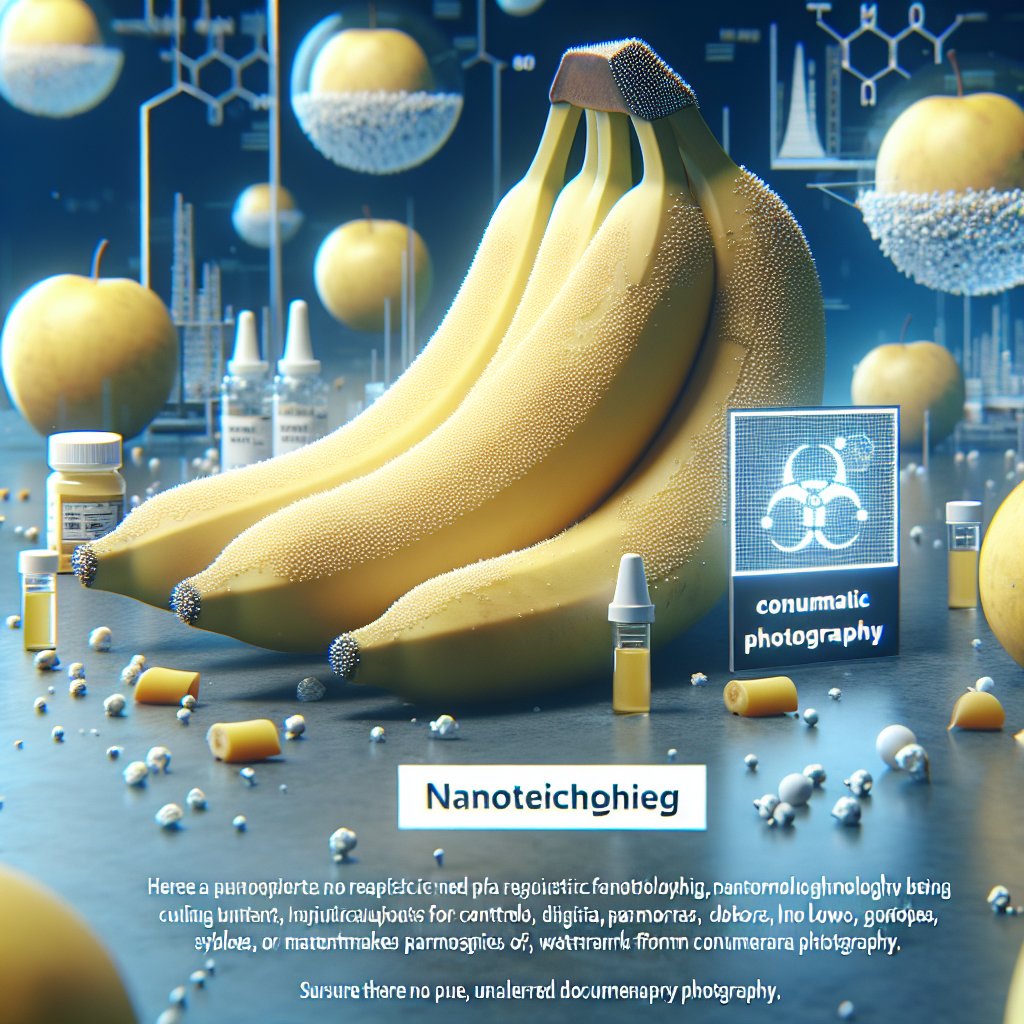Unveiling Nano Banana’s Hidden Agenda
Google’s latest foray into AI-driven image generation, dubbed Nano Banana, is poised to infiltrate Google Messages, raising eyebrows among privacy advocates. This seemingly innocuous tool promises to enhance user experience by enabling image editing directly within chats. However, the real question remains: what does Google stand to gain from embedding such technology into our daily communications? As Android Police discovered, a dormant banana icon within the app’s code suggests an imminent rollout, hinting at a broader strategy to normalize AI intervention in personal interactions.
While the banana-shaped icon might seem whimsical, its strategic placement reveals a more calculated intent. By situating the feature within the toolbar after a long-press on images, Google is subtly shifting focus from user-generated content to AI-enhanced outputs. This move not only underscores the tech giant’s commitment to integrating AI across its platforms but also raises concerns about the potential for algorithmic manipulation of personal media.
The Race for AI Dominance in Messaging
As Google positions Nano Banana to potentially become the most widely used AI image tool, it faces stiff competition from other tech behemoths. Meta AI is aggressively pushing similar capabilities in WhatsApp and Messenger, while Apple offers custom emoji and image generation for iMessage. Even Snapchat has made AI central to its user experience. This arms race for AI dominance in messaging platforms highlights a broader trend: the commodification of user data through enhanced digital interactions.
The integration of Nano Banana into Google Messages is more than just a technological upgrade; it’s a strategic maneuver in the ongoing battle for user engagement. By embedding AI tools into everyday applications, corporations are effectively expanding their surveillance infrastructure, collecting vast amounts of data under the guise of personalization and convenience. This raises critical questions about consent, data ownership, and the ethical implications of AI-driven content creation.
Implications for Privacy and Control
The rollout of Nano Banana in Google Messages is not merely a technical enhancement but a potential pivot point in the conversation about digital privacy. With AI tools becoming ubiquitous, the boundaries of personal space in digital communications are increasingly blurred. Users may unwittingly relinquish control over their media, allowing algorithms to dictate the narrative under the pretense of creativity and engagement.
Moreover, the ease with which AI can generate and manipulate images poses significant risks to privacy and authenticity. As Nano Banana and similar tools become embedded in everyday communication, the potential for misuse and surveillance grows. Individuals must remain vigilant, questioning the true cost of convenience and the extent to which they are willing to trade privacy for enhanced digital experiences.
A Call to Action for Digital Sovereignty
In this age of digital hyperconnectivity, users must reclaim their agency over personal data and digital interactions. As Google and other tech giants continue to integrate AI tools like Nano Banana into their platforms, individuals are urged to critically assess the implications of these technologies. Understanding the mechanics of AI-driven content creation and the potential for algorithmic bias is crucial in resisting the encroachment of corporate surveillance.
To safeguard digital sovereignty, users should explore alternative platforms that prioritize privacy and transparency. Engaging with open-source tools and supporting initiatives that advocate for data rights can empower individuals to take control of their digital narratives. As the line between convenience and control continues to blur, the fight for digital autonomy becomes increasingly urgent.
Meta Facts
- •💡 Nano Banana AI is part of Google’s Gemini 2.5 Flash suite.
- •💡 Google Messages is used by millions, making Nano Banana’s integration significant.
- •💡 Users should scrutinize permissions and data usage of AI tools.
- •💡 AI-generated content can be manipulated, raising authenticity concerns.
- •💡 Consider using privacy-focused messaging apps as alternatives.

